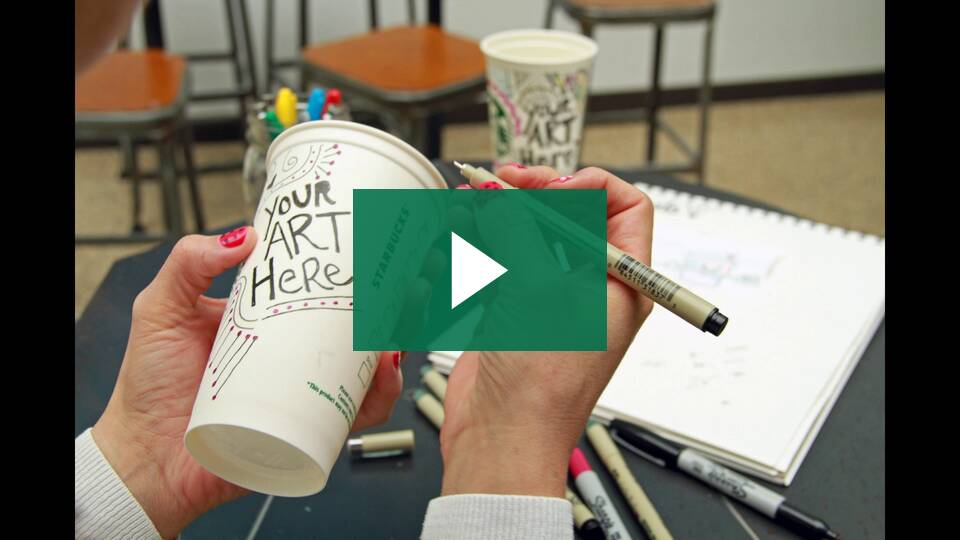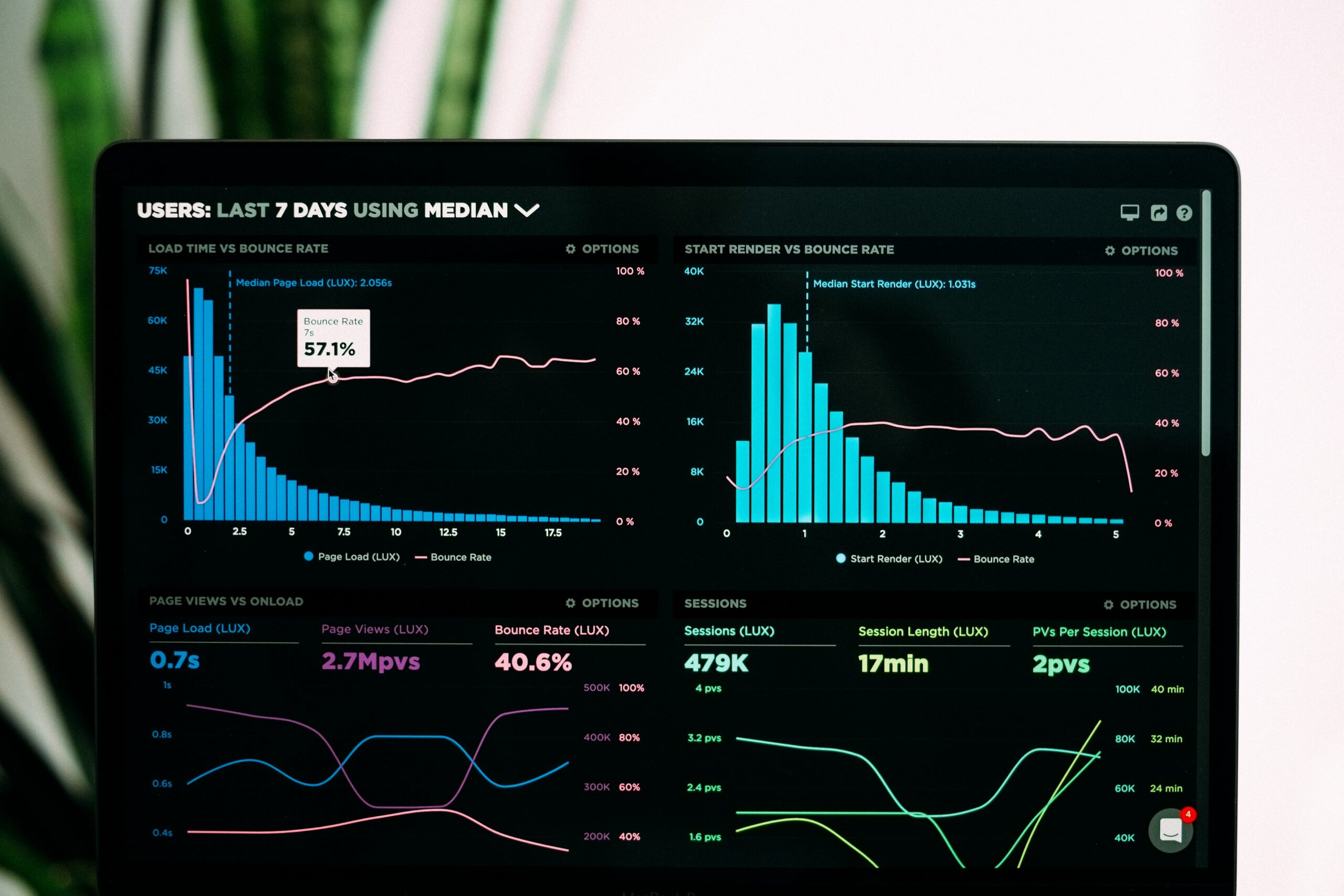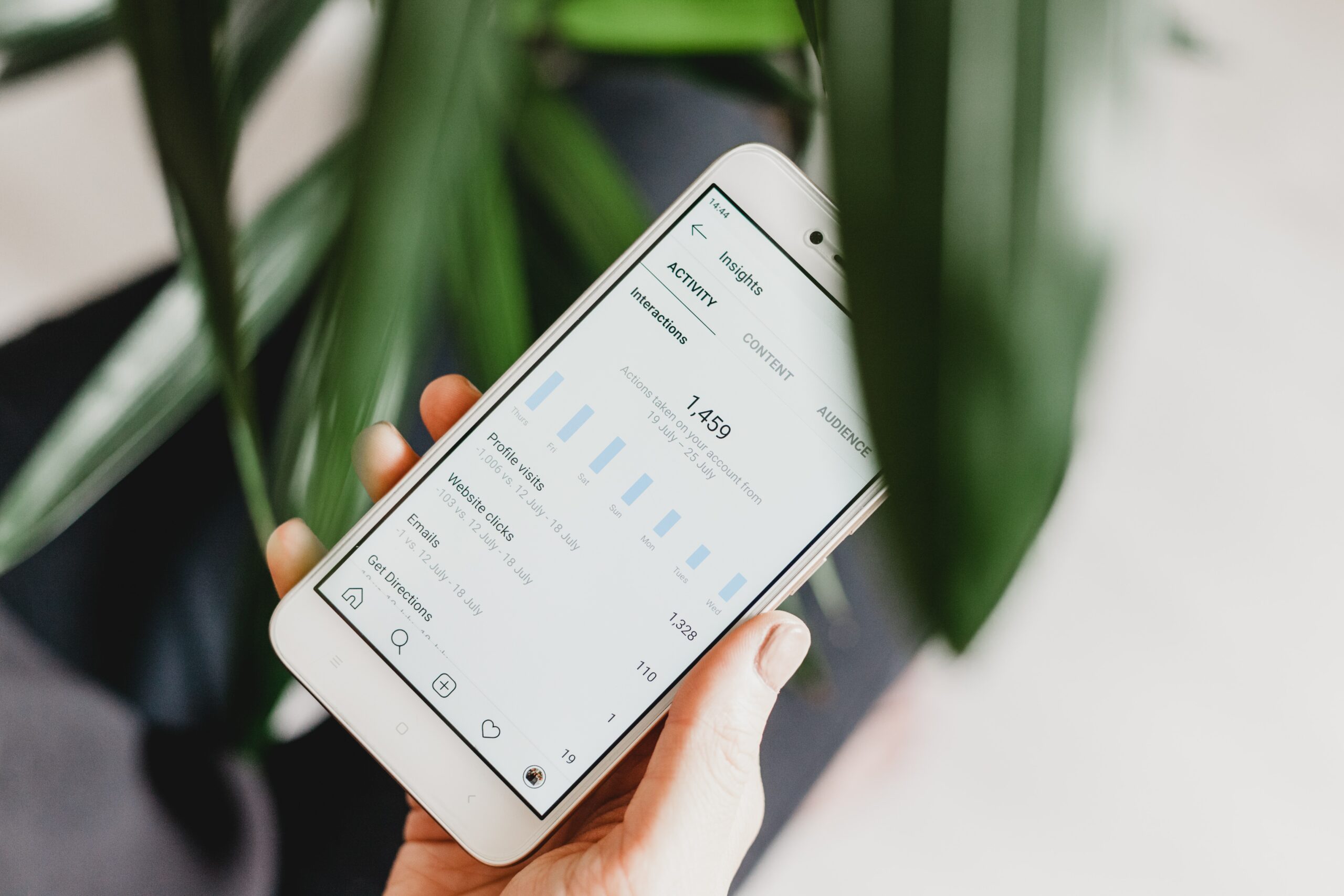Building Connection & Authority Through UGC
User generated content has become a mainstay in Influencer marketing campaigns, maximizing the impact of campaigns by exponentially increasing reach, brand awareness, and conversion rates.
Table of Contents
- Building Connection & Authority Through UGC
- User Generated Content Defined
- Where is UGC Used?
- Why is UGC Important for Brands?
- Authenticity in advertising
- Social proof
- Increased engagement
- Cost-effective
- How Does UGC Relate to Influencer Marketing?
- What are Some Examples of User-Generated Content Campaigns?
- Incorporating UGC Strategy Into an Influencer Marketing Campaign
- Encouraging Followers to Create and Share Brand-Related Content
- Reposting Follower UGC
- UGC Brand Spotlights
- Offer Incentives
- Does UGC Need to Be Included in an Influencer Contract?
- Maximize Your Influencer Marketing With UGC Campaign
- Brands Form
- Frequently Asked Questions About User Generated Content
- What is the difference between user-generated content and user-generated media?
- What are the advantages of using UGC over traditional advertising?
- How can brands ensure that UGC is legally compliant?
Today’s consumer is laser-focused on customer experience, putting more emphasis on how connected they feel to a brand vs. whether or not they need or want the product in the first place.
The world’s most innovative brands understand the magnitude of this shift in consumer psychology and are incorporating customer-focused, highly strategized influencer marketing campaigns to earn this next-level brand loyalty.
The secret to the success of these campaigns?
User generated content.
User Generated Content Defined
User-generated content (UGC) is any type of content that has been created, curated, or shared by individuals who are not professional content creators or affiliated with a company or organization. Types of user-generated content includes images, photos, short videos, long-form videos, blog posts,memes, product reviews, or any other type of media
Where is UGC Used?
UGC is often created and shared on social media platforms, blogs, and other online forums, including sites like Quora and Reddit.
It’s important for brands to keep in mind, however, that while UGC can be extremely beneficial, it may also pose challenges for organization as they must navigate issues such as copyright infringement, inappropriate content, and maintaining brand consistency.
Why is UGC Important for Brands?
The rise of social media platforms and other online communities has made it easier than ever for people to create and share UGC. Many brands also encourage UGC as a way to engage with their customers and build brand loyalty.
Some of the benefits of UGC for brands include:
Authenticity in advertising
UGC is seen as more authentic and trustworthy than branded content because it turns real people into brand advocates who have used the products or services.
Social proof
Brand-related content created and shared by users can build social proof and trust for the brand, as followers are more likely to trust word-of-mouth experiences of other consumers over that of advertising when it comes to purchasing decisions.
Increased engagement
By hosting a UGC content campaign, brands can increase brand awareness and engagement with their audience, as users are more likely to interact with content created by their peers.
Cost-effective
UGC content can be a cost-effective way for brands to create content, as they do not have to invest as much time and resources in creating their own branded content. This is especially true when incorporating UGC into influencer marketing strategies, as user-created content can exponentially increase reach and impact.
It is clear that user generated content can be a powerful catalyst for brands to increase engagement, build trust and authenticity, improve customer experience, and increase conversions.
How Does UGC Relate to Influencer Marketing?
As it relates to influencer marketing, user-generated content (UGC) can refer to content that is created and shared by an influencer’s followers in response to the influencer’s sponsored content.
For example, if a brand hires an influencer to promote a new product on their social media channels, their followers might create UGC by sharing TikTok videos or Instagram posts of themselves using the product, along with the influencer’s campaign-branded hashtag, mention, campaign-related trend, or sound.
UGC is exceptionally valuable for influencer marketing campaigns because it helps to amplify the reach and impact of the influencer’s sponsored content. When followers create and share UGC, it increases the virality of the influencer’s message and expands to a wider audience.
However, it’s important for brands to have a clear strategy in place for encouraging and managing customer content within their influencer marketing campaigns to ensure that it aligns with their brand values and messaging.
What are Some Examples of User-Generated Content Campaigns?
Even the world’s biggest brands employ the use of consumer-generated content.
Examples of successful UGC campaigns include Coca-Cola’s “Share a Coke” campaign, where customers were encouraged to share photos of personalized Coke bottles.
Share A Coke – Behind The Scenes 2014 from Ross Marshall on Vimeo.
Another successful example of UGC is Starbucks’ “White Cup Contest,” where customers were encouraged to decorate their Starbucks cups and share photos on social media.

Source: White Cup Contest / https://stories.starbucks.com
These globally recognized brands understand the efficacy of user generated social media content, because they know that’s where consumers with the most buying power –primarily millennials and Gen Z– are spending their time.
These massive campaigns use user-generated content to increase brand awareness, reach their target audience, and solidify their position as legacy brands.
Incorporating UGC Strategy Into an Influencer Marketing Campaign
Using UGC in an influencer marketing campaign must be highly strategized in order to produce the best possible results. Some of the ways an influencer marketing campaign can incorporate UGC include:
Encouraging Followers to Create and Share Brand-Related Content
The influencers involved with your campaign can encourage their online community to create and share content on their social networks related to the brand or product, by using a specific branded hashtag or mentioning the brand in their posts.
Reposting Follower UGC
Influencers can repost UGC created by their followers on their own social media accounts, which can help to increase the reach and impact of the UGC, as well as encourage more followers to create their own content in hopes of being shared.
UGC Brand Spotlights
The brand can feature UGC created by the influencer and their followers on their website or social media accounts, which can help to build social proof and trust for the brand as well as further influence consumers to share their own campaign-related content.
Offer Incentives
As part of the campaign, having the influencer run a UGC giveaway can have a massive impact. In a UGC contest or sweepstakes, an influencer may encourage followers to create and share UGC related to the brand or product, with the chance to win a prize.
Does UGC Need to Be Included in an Influencer Contract?
If a brand or agency is working with an influencer on an influencer marketing campaign that involves user-generated content (UGC), it is important to include guidelines around UGC in the influencer’s contract. This ensures that the influencer is aware of the brand’s expectations and guidelines around this kind of content, and that they understand their role in encouraging and managing UGC as part of the campaign, as well as defining compensation for the work involved.
Within the influencer campaign contract, it is also important to include details such as the types of UGC that are allowed, the use of branded hashtags or mentions, and any legal or regulatory requirements related to UGC. Including UGC guidelines in the influencer’s contract can also help to mitigate any potential issues that may arise from UGC, such as inappropriate content or copyright infringement.
If your brand is unfamiliar with influencer contracts or the laws, rules and regulations, and ethics regarding UGC in influencer marketing campaigns, it is best to work with an influencer marketing agency to orchestrate the campaigns.
Maximize Your Influencer Marketing With UGC Campaign
If you want to see the maximum ROI on your influencer marketing campaigns, incorporating user generated content is an excellent strategy. As an Influencer marketing agency, our team understands the nuances in deploying high-impact campaigns from ideation to implementation.
Contact a member of our team today to learn more about how incorporating UGC into your influencer campaigns can result in worldwide recognition.
Frequently Asked Questions About User Generated Content
Answers to some of the most frequently asked questions about user generated content are below.
What is the difference between user-generated content and user-generated media?
User-generated content (UGC) and user-generated media (UGM) are similar concepts, but they are not exactly the same thing.
UGC refers to any content that is created and shared by users or consumers of a brand or product, such as photos, video content, reviews, and social media posts. This content can be created on a variety of platforms and can be used by brands to increase engagement, trust, and authenticity.
Conversely, UGM specifically refers to content that is created by users on their own platforms, such as personal blogs, podcasts, social media accounts, or other online accounts. UGM is typically more focused on individual expression, and personal creativity, rather than being tied to a product or brand.
For example, Instagram relies on user generated media (photos, memes, videos posted by its users) to fill up their platform and attract more people to the platform. If Instagram shared a piece of content about Instagram, created by a user, this is User Generated Content.
UGM is a subset of UGC, but it is more focused on individual user expression rather than content creation specifically for a brand or product. Both UGC and UGM can be valuable in digital marketing efforts, but they require different strategies and approaches to leverage effectively.
What are the advantages of using UGC over traditional advertising?
The advantages of using UGC over traditional advertising include increased trust and authenticity, higher engagement, and lower costs. UGC is seen as more genuine and trustworthy than standard branded content, which can help to build brand loyalty and drive conversions.
With UGC vs. advertising, keep this in mind: everyone likes to buy, but no one likes to feel sold to.
How can brands ensure that UGC is legally compliant?
Brands can ensure that UGC is legally compliant by setting clear guidelines and expectations for the types of content that are allowed, monitoring UGC for compliance with copyright and privacy laws, and having legal and regulatory policies in place for handling disputes or issues related to UGC.
However, brands that are unfamiliar with UGC campaigns within their social media marketing can protect themselves by hiring an Influencer marketing agency to ensure compliance in all areas.
How can brands incorporate UGC into their website?
Brands can incorporate UGC into their website by featuring UGC such as unboxing videos or user-submitted photos on product pages, creating UGC galleries or collections, and using UGC as social proof in customer reviews and testimonials. Brands can also use widgets or plugins to curate a feed of posts with a branded hashtag.





